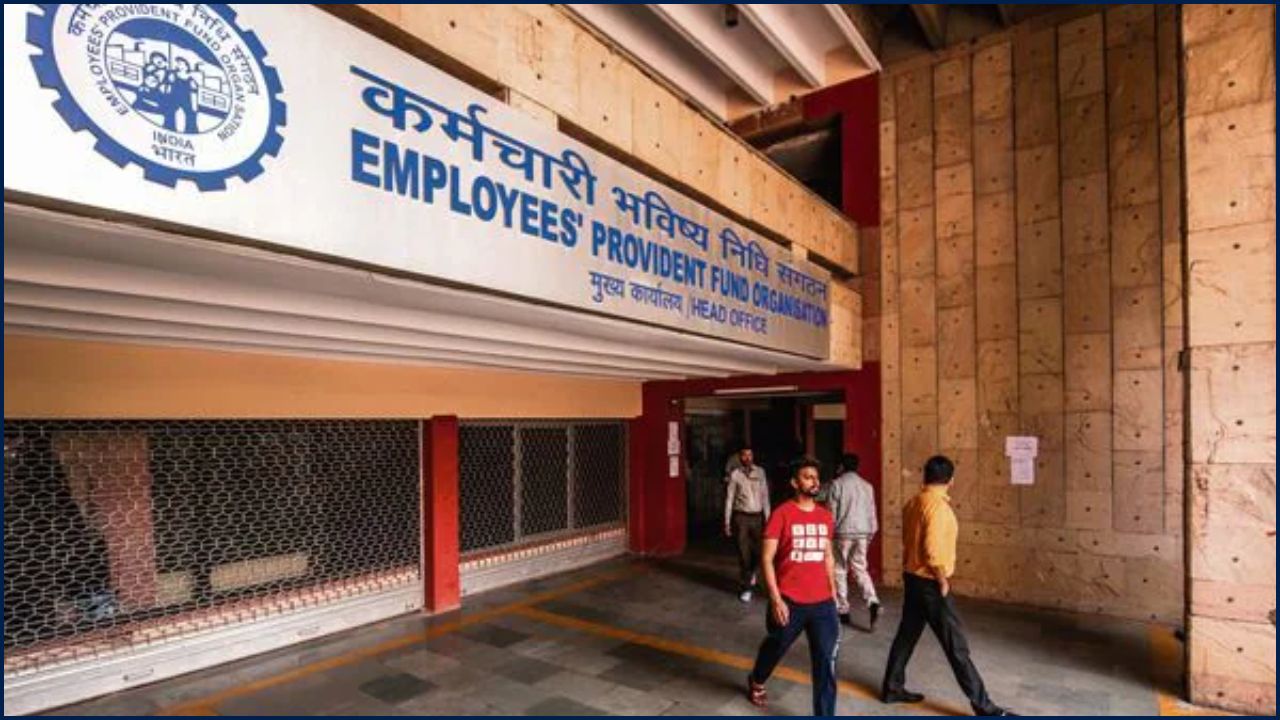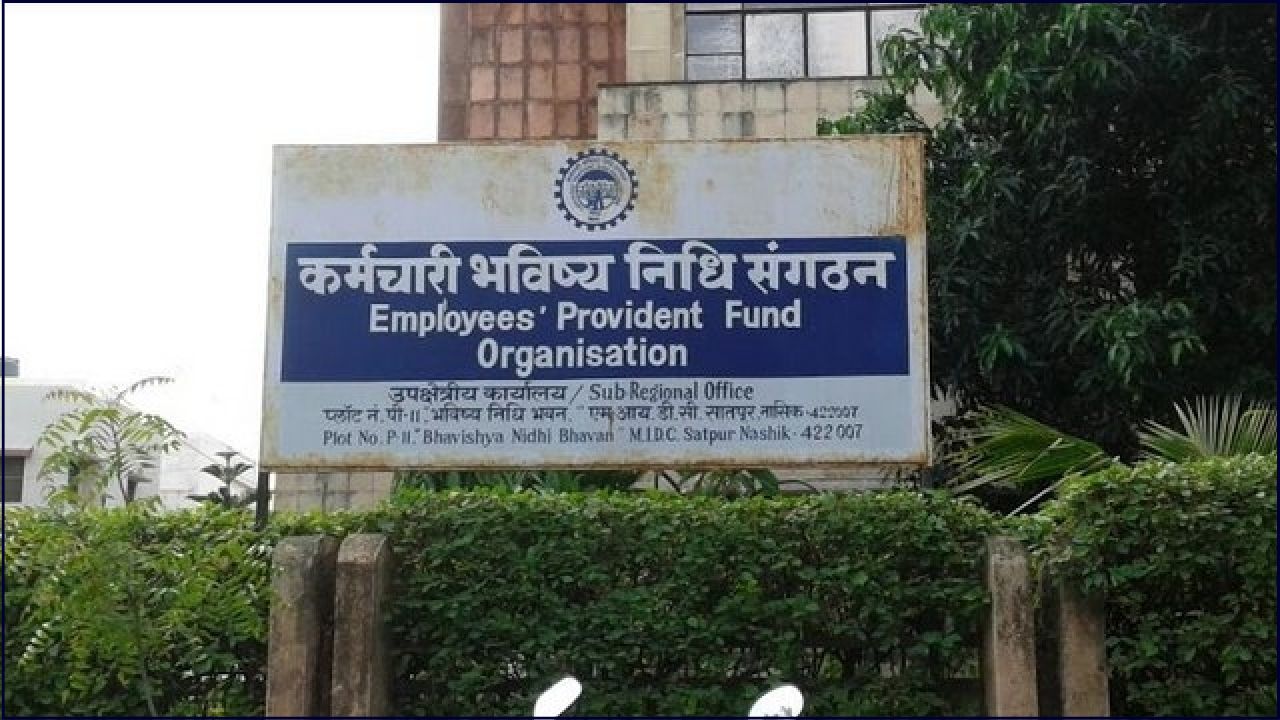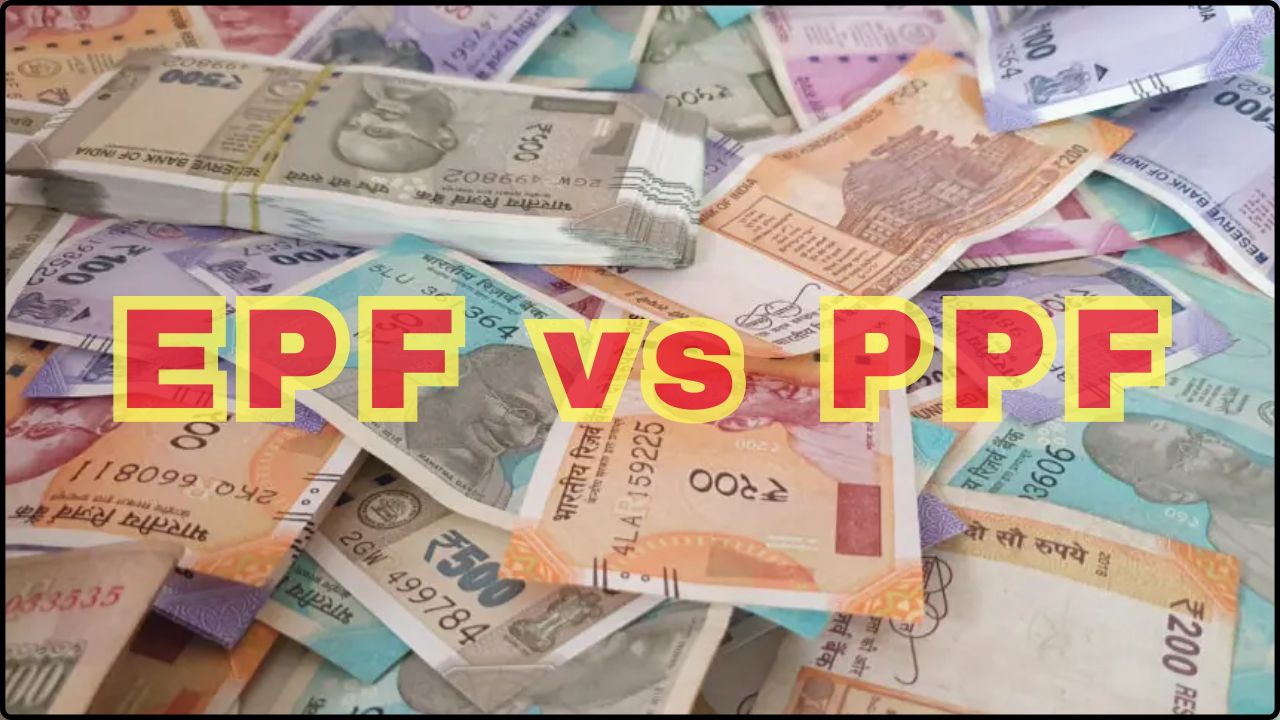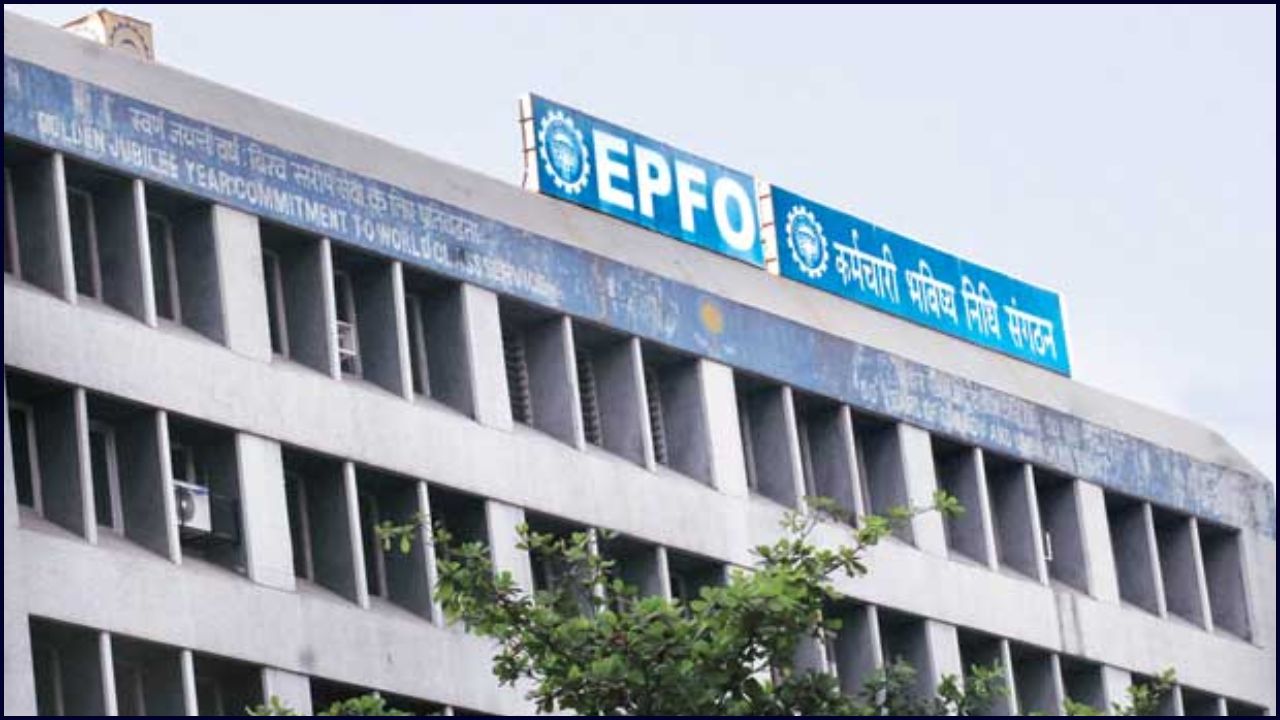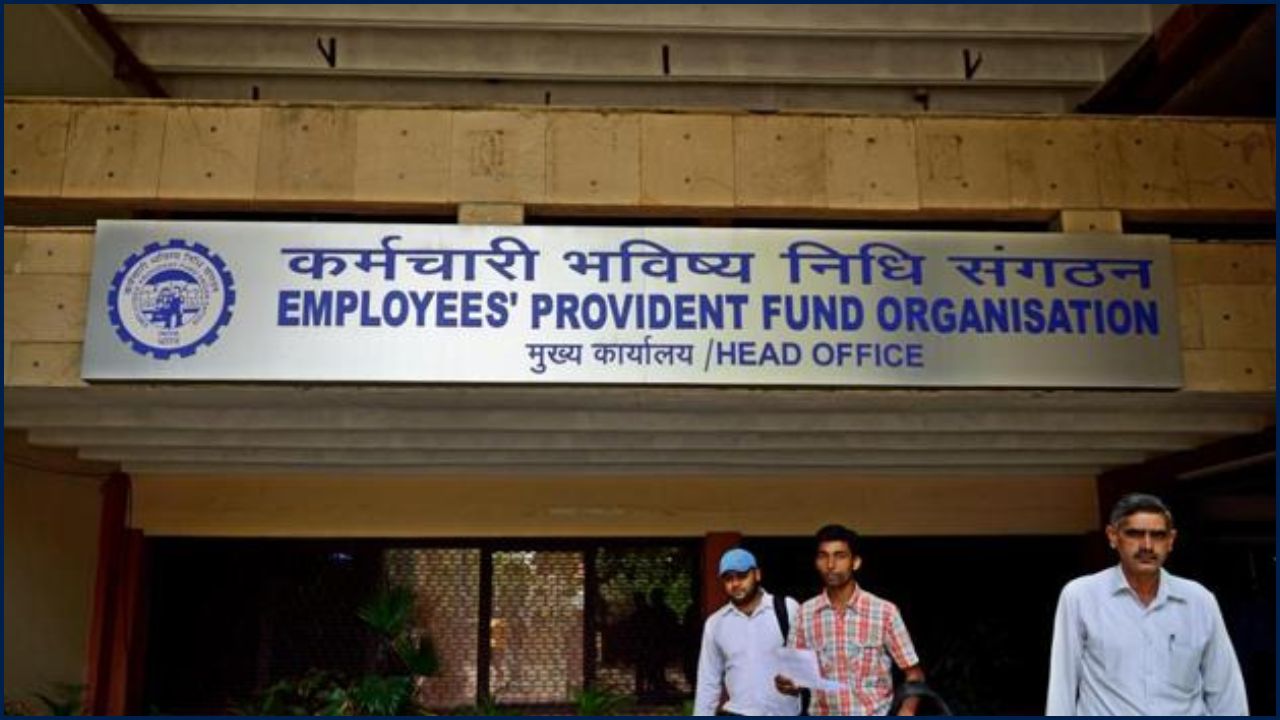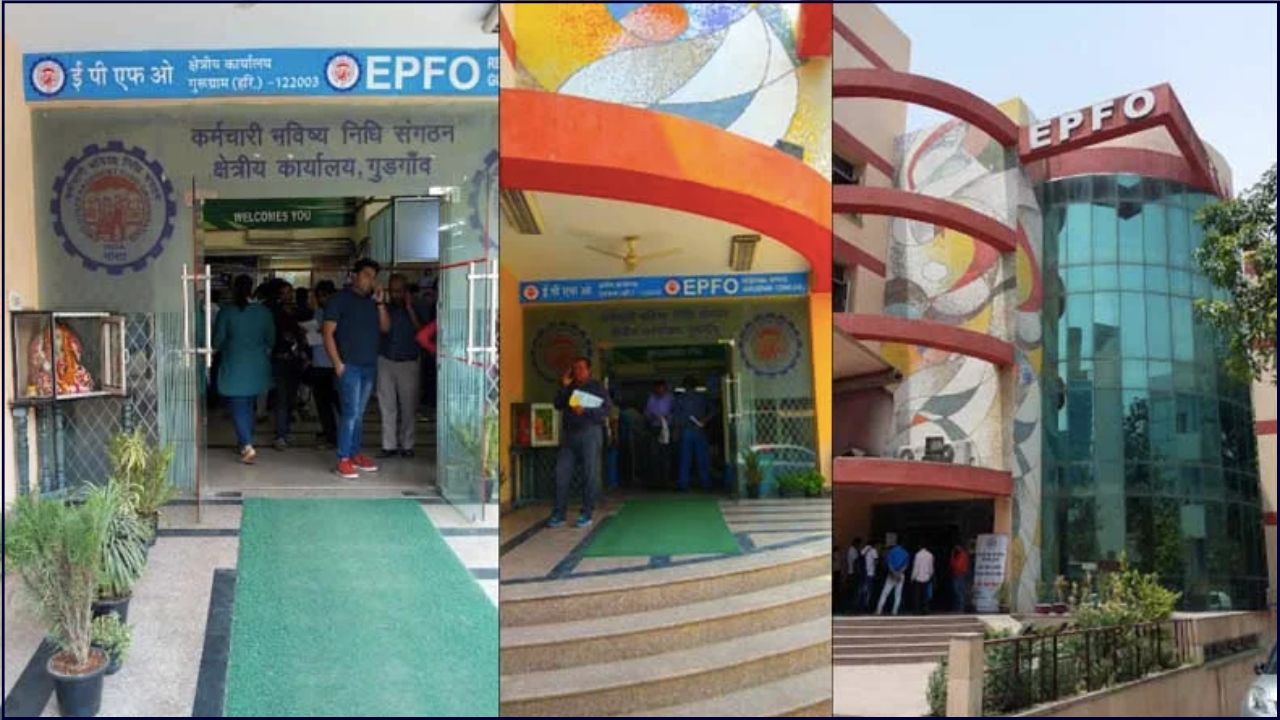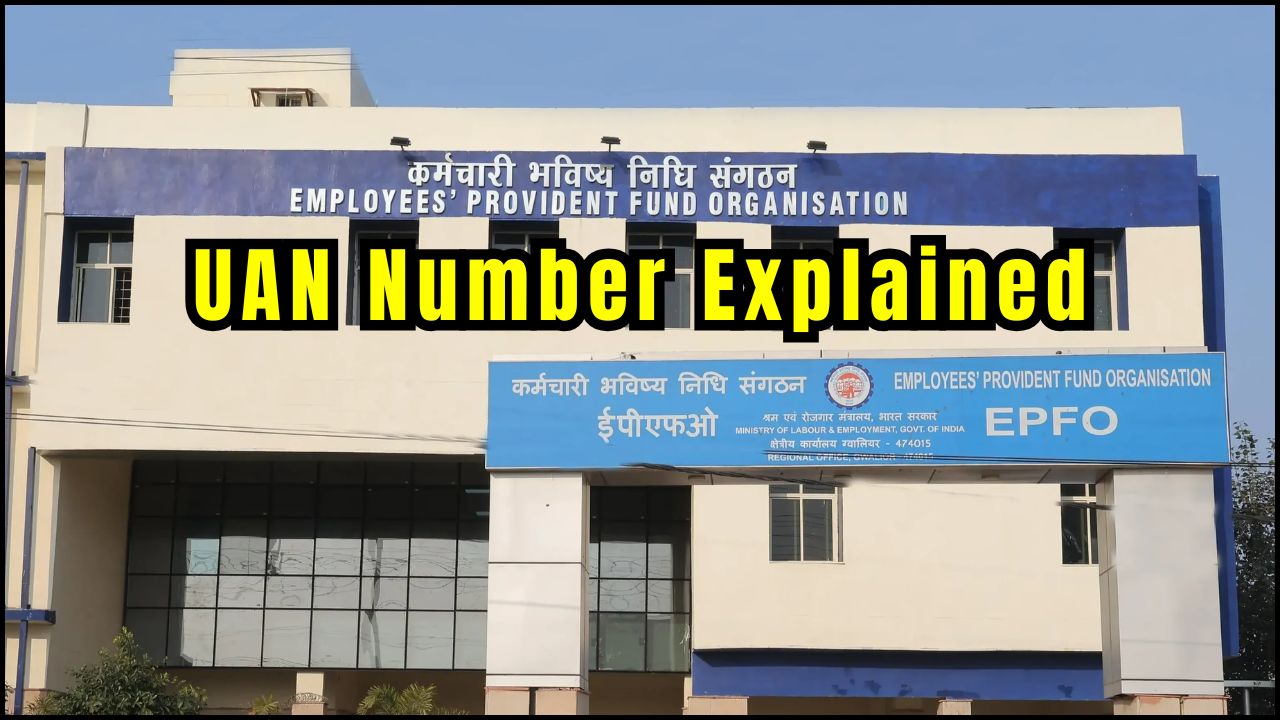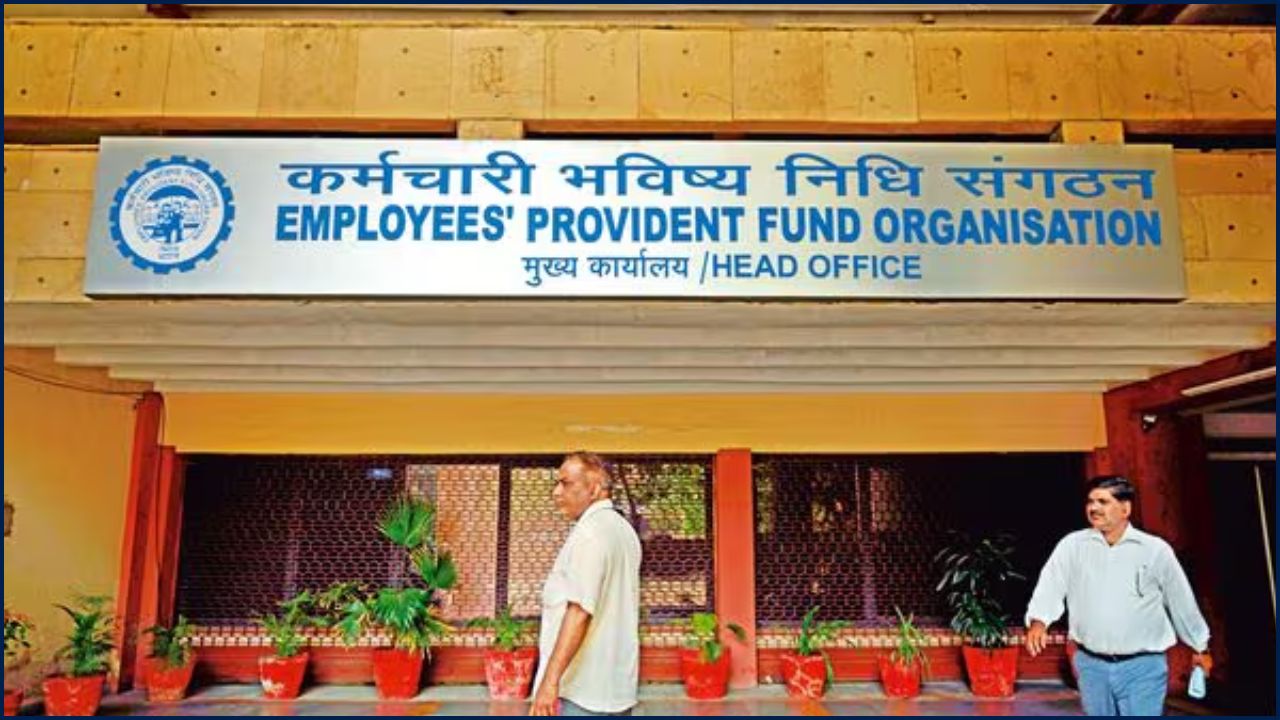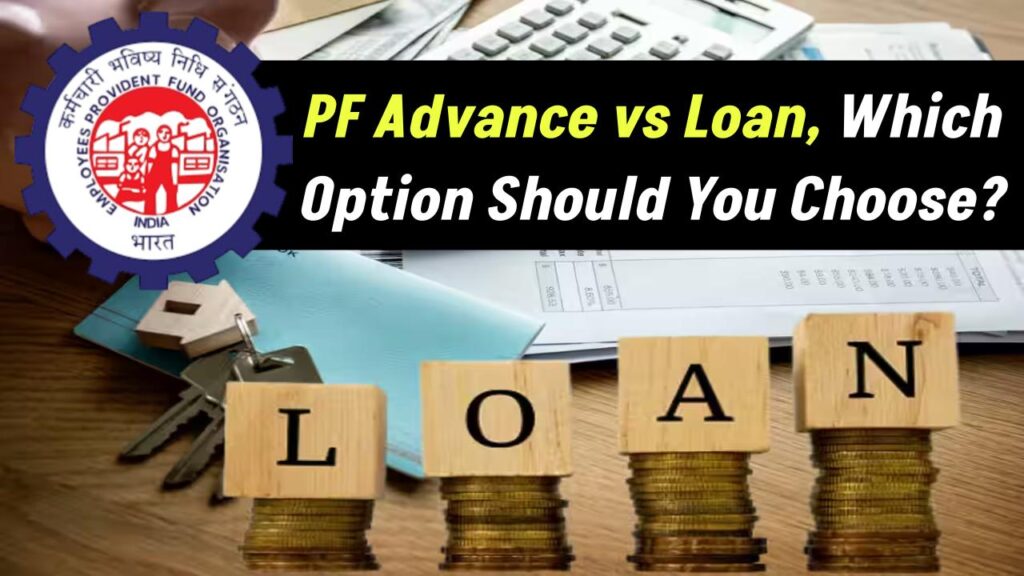
During times of financial difficulties, individuals often seek quick and reliable sources of monetary support. Two popular options are withdrawing an advance from the Employee Provident Fund (EPF) and opting for a personal loan. Both these financial aids serve urgent needs but differ significantly in many aspects including eligibility, repayment, and impact on credit.
Understanding EPF Advance Withdrawal
EPF advance withdrawal allows employees to access a portion of their accumulated Employee Provident Fund money before retirement. This option is helpful for specific purposes such as education, home repairs, or medical emergencies. Typically, an individual can withdraw up to 75% of their EPF balance or up to three months’ worth of their salary and dearness allowance (DA).
EPF Advance Eligibility and Conditions
- For purchasing property or land: Employees should have a minimum 60 months of service. Withdrawal for homes can be up to 36 times the basic salary plus DA, while land purchase withdrawal is limited to 24 times the monthly basic salary (including DA).
- For marriage or education: Withdrawal is possible after 84 months of service, limited to 50% of the employee’s contribution.
- Medical emergencies: Withdrawal can be up to six months’ basic salary or the total employee’s contribution.
- Pre-retirement withdrawal is allowed after age 54, up to 90% of the accumulated balance including interest.
What is a Personal Loan?
A personal loan is an unsecured loan provided by banks or financial institutions without requiring collateral. These loans are flexible and can be used for a variety of pressing financial needs. Approval and loan amount depend on factors such as income, credit score, and employment status.
Personal Loan Eligibility
- Age between 21 and 58 years
- Indian citizenship
- Minimum monthly income of ₹15,000 with verified income proof
- Clean credit history with no past defaults
- Stable employment and good credit score
Key Differences Between EPF Advance and Personal Loan
| Criteria | EPF Advance | Personal Loan |
|---|---|---|
| Repayment | No traditional repayment; amount deducted from EPF balance | Requires repayment in EMIs over a specified tenure |
| Impact on Finances | No effect on credit score or borrowing capacity | Affects credit score and future loan eligibility |
| Eligibility | Must be EPF scheme member with sufficient balance | Requires income proof, good credit score, and employment stability |
| Interest | No interest charged as it’s advance from own funds | Interest charged, rates vary based on borrower’s profile |
| Documentation | Lengthy process due to EPFO verification | Quick processing with minimal paperwork |
| Disbursement Time | Takes longer due to formalities | Fast disbursement, sometimes instant |
Which Should You Choose?
Both EPF advance and personal loans have their benefits and drawbacks. EPF advances are interest-free and do not affect credit scores, making them a low-risk option if you have adequate savings. However, they take longer to process and reduce your retirement corpus. Personal loans provide quick access to funds with flexible amounts but involve interest payments and impact your credit profile. Your choice should be based on urgency, eligibility, and long-term financial planning.
Secure Your Future with Smart Investments
While navigating financial emergencies, it’s also important to build a secure future. Investing in Fixed Deposits (FDs) is a prudent way to grow savings safely. With competitive interest rates reaching up to 9.10%, FDs offer stable returns that can strengthen long-term financial stability.
Embark on your financial journey with smart decisions today to ensure peace of mind tomorrow.
